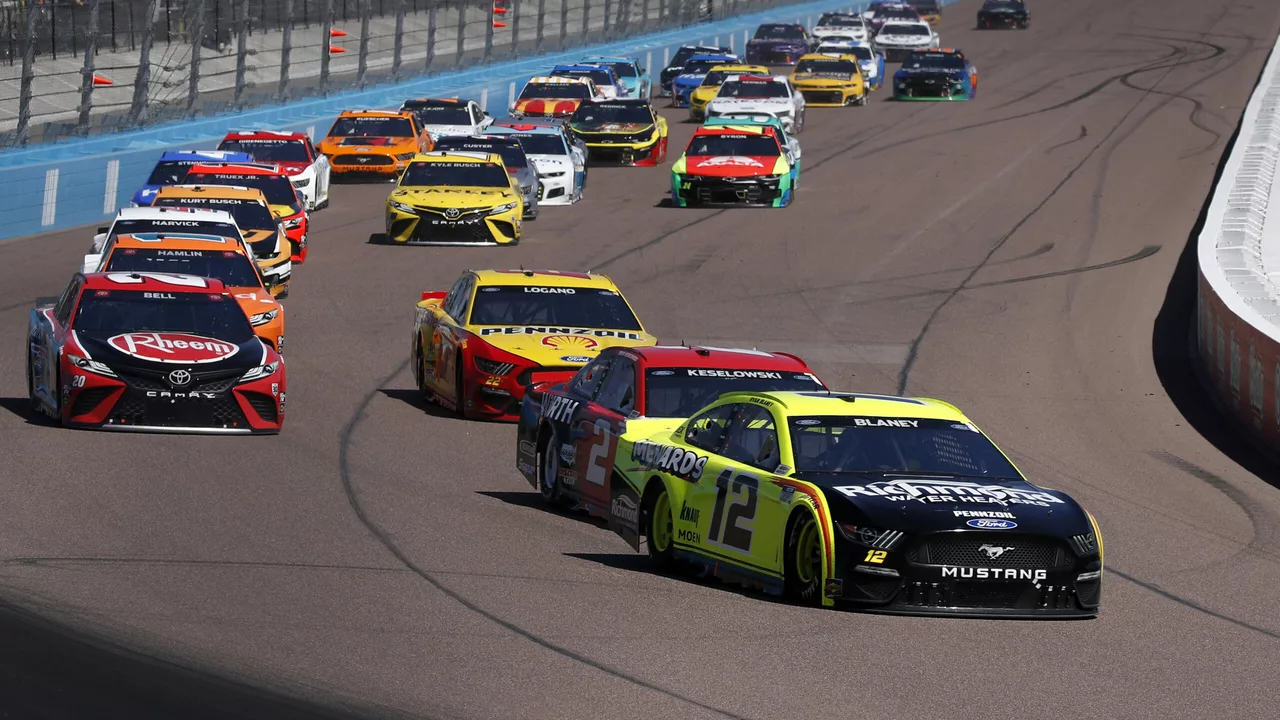Eligibility Requirements for Motorsports: A Quick Guide
If you ever wonder why some drivers can line up on the grid while others can’t, the answer is simple – they meet the eligibility requirements. These rules are the backbone of every race, from grassroots club events to world‑class championships. They keep the competition safe, fair, and exciting for everyone watching.
Common Eligibility Criteria
First off, most series have a minimum age. You’ll usually need to be at least 16 for junior categories and 18 for senior professional races. Age limits protect young drivers from too much pressure and ensure they have enough maturity to handle a fast car.
Second, licences are a must. The governing body – FIA for most international series, national clubs for local events – issues a racing licence based on your experience. To get a licence you’ll need a medical check, a clean driving record, and proof of completed training courses.
Third, you’ll often see a set of experience requirements. For example, a Formula 3 team might ask for at least two years of single‑seater experience, while a touring car series could accept strong karting results. This helps the organizers know you can handle the speed and the car’s behaviour on track.
Fourth, equipment standards matter. Your car must pass a technical inspection that checks things like safety cells, roll cages, fire‑suppression systems, and weight limits. Even if you’re a superb driver, an illegal car will get you disqualified before the first lap.
Finally, financial criteria may appear. Some championships charge entry fees or require a minimum budget to cover travel and parts. Teams often ask for sponsorship evidence to make sure you can stay in the series for the whole season.
How to Meet the Requirements
Start by checking the rulebook for the series you want to enter. Most organisations publish a clear checklist on their website. Download it, mark the items you already meet, and note the gaps.
If you need a licence, book a medical exam with an approved doctor. Bring any previous driving licences and a list of your motorsport experience. The exam is quick, and the doctor will look for heart, vision, and overall fitness.
Next, line up a training program. Many schools offer courses that end with a licence‑granting exam. These classes teach you track etiquette, basic car control, and emergency procedures. Completing one not only gives you a licence but also adds points to your experience record.
When it comes to the car, work with a reputable mechanic or a certified race prep shop. They’ll run the technical inspection, fix any non‑compliant parts, and give you a compliance certificate. Keep all paperwork – receipts, inspection reports, and safety certificates – in a folder for race officials.
Don’t forget the paperwork for finances. If a series asks for a budget guarantee, prepare a simple spreadsheet showing sponsors, personal funds, and any loans. Having this ready speeds up the entry process.
Once you’ve checked every box, submit your entry form before the deadline. Most series require an online submission followed by a short interview or a brief on‑site verification. Answer any questions honestly; officials can spot inconsistencies fast.
Following these steps will get you on the start line without a hitch. Remember, eligibility requirements aren’t roadblocks – they’re there to protect you and make sure the race is as fair as possible. So treat them as part of your preparation routine, just like you would a tire change or a pit stop strategy.
Now you know what the rules look for, why they matter, and how to clear them. Got a specific series in mind? Grab the rulebook, tick off the checklist, and get ready to race. Good luck, and see you on track!

Can I be a NASCAR racer if I'm not from the USA?
- Jul, 22 2023
- Jenson Lockhart
- 0 Comments
Absolutely, you can pursue a career as a NASCAR racer even if you're not from the USA. NASCAR is an international sport and has had successful drivers from many different countries. The most important things are your driving skills and passion for racing. Remember, it's not about where you're from, but where you're going. So, regardless of your origin, if you've got the drive and determination, you could find yourself in the fast lane to a NASCAR career.